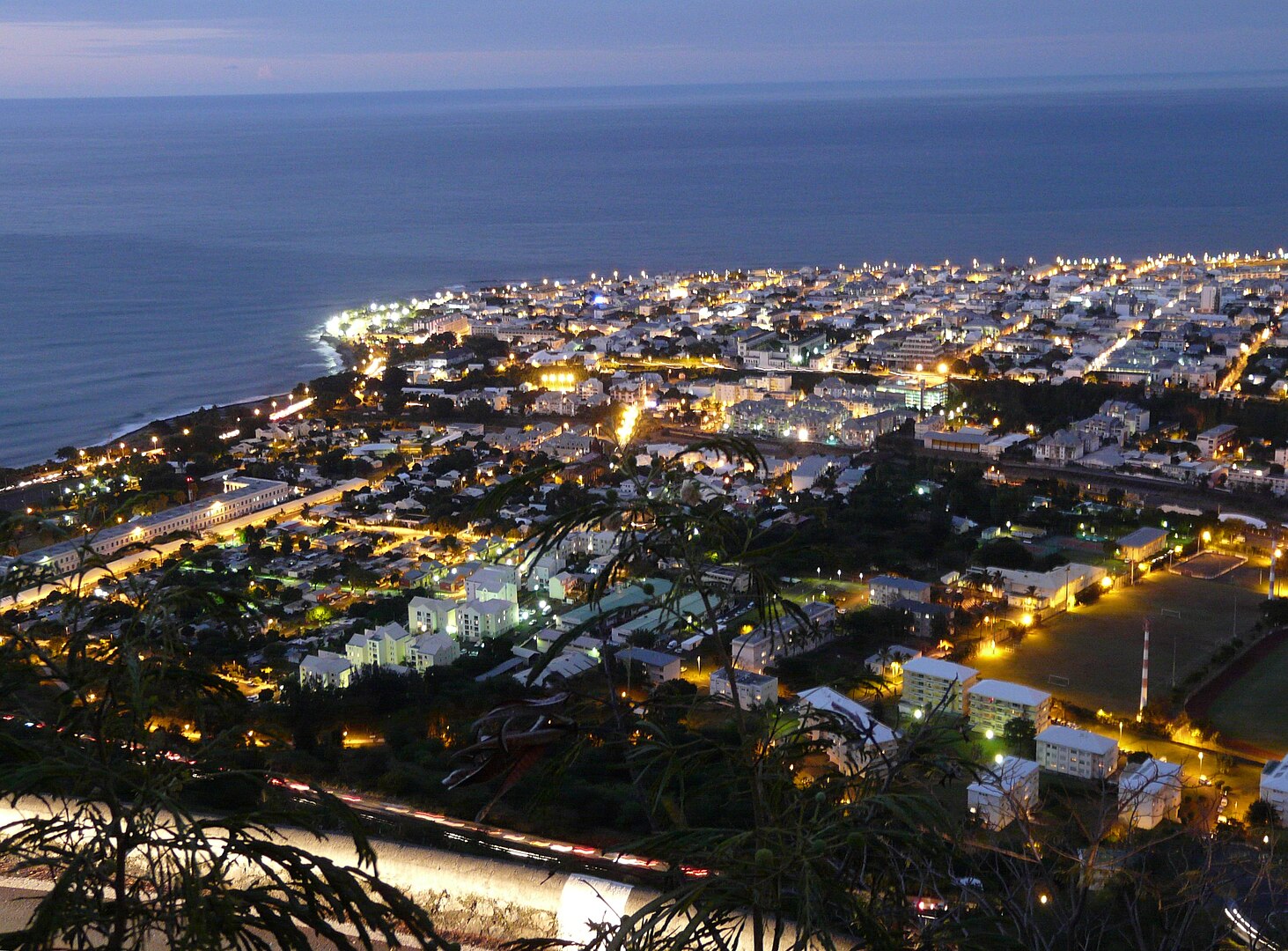Speed limits in France

Publié par Eplaque-4 min de lecture ⏳
Le 23/01/2023-Mis à jour le 27/01/2025

Speed limits on the roads in France vary according to the type of road, driving conditions and other factors. The speed limits in France in 2025 for cars, motorcycles and most other vehicles are listed below. We’ll also cover the fines associated with speeding offences.
National speed limits in France
Here is, in a nutshell, the standard national speed limits in France:
| Road type | Standard rule | Young driver* | Rainy | Foggy |
| Highway | 130 km/h | 110 km/h | 110 km/h | 50 km/h |
| Road with central reservation | 110 km/h | 100 km/h | 100 km/h | 50 km/h |
| Double lane (or more) road | 90 km/h | 80 km/h | 80 km/h | 50 km/h |
| Normal road | 80 km/h | 80 km/h | 80 km/h | 50 km/h |
| Built-up area | 50 km/h | 50 km/h | 50 km/h | 50 km/h |
| Low speed urban area | 30 km/h | 30 km/h | 30 km/h | 30 km/h |
*A “permis de conduire probatoire” is a provisional French driver’s license which allows the holder to drive with restrictions for a two-year period. This type of license is issued to those over 18 years of age who have passed their driving test, but are still considered novice drivers with less experience than other drivers. Restrictions placed on this type of license may include limits on the number of passengers that can be carried, restrictions on night driving, speed limits and more.
Those rules can be affected by signage along the road, or meteorological conditions. Local authorities are competent to decrease, or increase, national speed limits in France. IN case of rainy or foggy weather, speed limits are decreased:
- Rainy weather: 110 km/h on motorway, 100 on roads separated by a central reservation, and 80 on a double lane road
- Foggy weather (when visibility is under 50 meters) : speed limit in France is 50 km/h on any road
French national speed limits in urban areas
The maximum national speed limit for all vehicles within a French town or city is 50 km/h (31 mph). In certain residential areas (near schools, etc.), this can be reduced to a lower limit of 30 km/h (19mph). It is therefore important to pay attention to any signage indicating a different speed limit.
Highways, Nationale and Departementale roads speed limit in France
On open roads outside of urban centres, the maximum speed limit is 80km/h (50mph). But this can have variations depending on factors such as weather conditions, congestion or traffic police monitoring. Always adhere to signs with reduced speed limits when they are present. On highways, 130 km/h is usually allowed.
Trucking rules
Large trucks with two or more axles are restricted to the same speed limits as listed above. They may also have an additional maximum speed limit of 90km/h (56mph, more than 12 tons). Despite this restriction, large trucks are always encouraged to drive at a slower speed than the maximum limit in order to remain safe on the road and reduce their risk of causing accidents.
Motorcycles speed limits
In both urban and rural areas motorcyclists must obey the same restrictions listed above. However, there are exceptions under certain circumstances such as if you’re riding a low-powered motorcycle where you may be allowed up to 50 km/h in built-up areas without the assistance of another vehicle. It’s essential for motorcycle riders to stay vigilant about local speed limits at all times though and not exceed speeds beyond posted regulations.
French high risk roads
France has some high-risk roads which require special caution due to their nature and design. For these roads, the maximum allowed speed limits can significantly differ from that applied in most areas; they may range from 70 km/h (43 mph) up to 130 km/h (80 mph). It’s important that drivers stay aware when traversing any sections of high-risk roads since blind curves or other unseen obstacles can create serious risks if drivers aren’t accurately gauging their speeds for danger spots along such routes.
Penalties for speeding in France
In France, speeding fines generally depend on the speed limit and how much you have exceeded that limit by. As an example, a driver caught going 11-20 kilometers per hour over the speed limit will face a fine of €135. The fine goes up to €1,500 for speeds of more than 50 km/h above the limit. Any driver caught driving 51+ km/h over the speed limit could face prison time and their licence being revoked – in addition to serious fines.
| Speeding offense | Fine | Legal consequences |
| < 20 km/h (not in urban area) | €68 | None |
| < 20 km/h (in urban area) | €135 | None |
| < 30 km/h | €135 | None |
| < 40 km/h | €135 | Up to 3 years driving license withdrawal |
| < 50 km/h | €135 | Up to 3 years driving license withdrawal |
| => 50 km/h | Up to €1,500 | Up to 3 years driving license withdrawal, car can be confiscated |
| => 50 km/h (recidivism) | Up to €3,750 | Up to 3 years driving license withdrawal, car can be confiscated, up to 3 months jail |
Read our article on driving offences and penalties in France for more info about traffic fines in general.
FAQ speed limits in France
The speed limit on French highways is 130 km/h, unless signage enforces another speed limit.
Standard speed is 80 km/h. However, it also depends on the number of carriageways (if 2 or more, speed is up to 90 km/h), on the presence or not of a central reservation (110 km/h).
130 km/h.
On highways, the speed limit towing a caravan is 90 km/h if the total weight of both vehicles is above 3,5 tons. Otherwise, standard limits apply.
No. The possession, transport and use of a radar detector is prohibited. You risk a fine of up to €1,500. The radar warning device is seized. If it is part of the vehicle, the car will be confiscated. You also risk additional penalties, like a fine or jail term.
On motorways, the motorhome speed limit is 90 km/h if the weight of the vehicle is above 3,5 tons. Otherwise, standard limits apply.
Speed limit signs are round in France, with a red edge (see picture above).



Les questions des utilisateurs
John Illingworth
13 octobre 2023
Eplaque
16 octobre 2023
Tony
20 août 2023
What can I do to get them to slow down?
Eplaque
21 août 2023